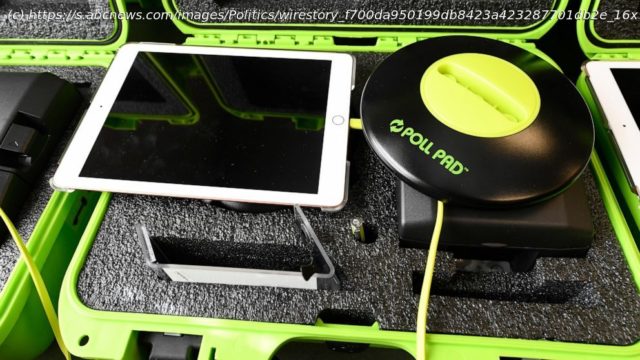Array
An effort to create a national testing program for technology central to U.S elections will be launched later this year, aiming to strengthen the security of equipment that has been targeted by foreign governments and provided fertile ground for conspiracy theories.
So far, states have been left on their own to evaluate the technology that provides the backbone of election operations: voter registration databases, websites used to report unofficial results on election night and electronic pollbooks, which are used instead of paper rolls to check in voters at polling places.
The nonprofit Center for Internet Security hopes to provide the nation’s first uniform testing program for the technology, similar to one for voting machines. Its goal is to start the voluntary service in September as a way to help boost the security and reliability of the technology before the 2024 presidential election.
In 2020, 15 states, including Arizona, Florida and Nevada, did not require any type of electronic pollbook testing or certification, according to federal data.
“This is a critical need being filled at a critical time,” said Chris Wlaschin, senior vice president for Election Systems & Software, a leading voting machine manufacturer that also produces electronic pollbooks. “I think as more election officials learn about it, the more they’re going to ask for it.”
The use of electronic pollbooks in particular has expanded rapidly in recent years. Nearly one-third of all voting jurisdictions in the U.S. used electronic pollbooks in 2020, compared with about 18% four years earlier, according to data collected by federal Election Assistance Commission.
The systems bring unique security challenges. In many cases, they have internet connections or interact with systems that do. In counties with a vote center model, where registered voters can cast a ballot at any polling place, electronic pollbooks often communicate with each other and with the central voter registration system.






